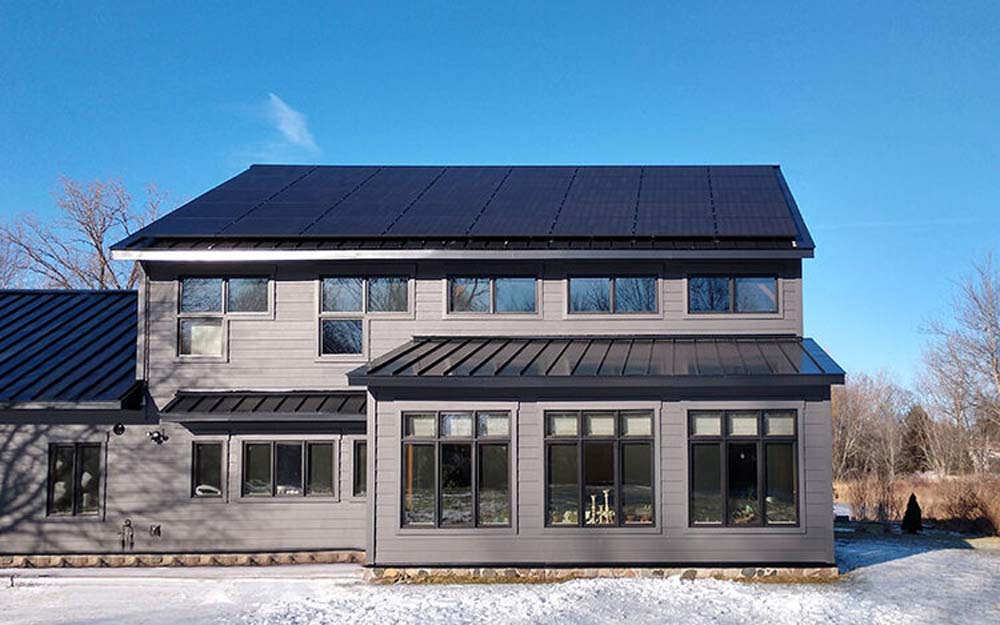From pv magazine USA
Solaria Corporation settled its patent infringement claims against Canadian Solar and under terms of the agreement, Solaria agreed to stop the litigations in exchange for Canadian Solar stopping the importation of shingled solar modules into the US for seven years.
The settlement resolves patent infringement disputes that Solaria brought in 2020 against Canadian Solar in Federal District Court for the Northern District of California and in the United States International Trade Commission (ITC). The suit claimed that Canadian Solar infringed Solaria’s US patent concerning a process for separating photovoltaic strips from silicon solar cells for use in shingled solar panels.
Solaria asserted in the lawsuit that “it first introduced Canadian Solar to its high-efficiency, high-density module (HDM) technology in 2014, when representatives of Canadian Solar evaluated Solaria’s next-generation shingling technology for a potential licensing deal. After further collaborations between the companies over the ensuing year, in which Solaria disclosed its proprietary technology and business strategies to Canadian Solar under an NDA, no deal was reached.”
“Solaria initially filed suit against Canadian Solar because they chose to ignore and violate Solaria’s core intellectual property (IP). When rendering his Initial Determination in the ITC investigation, the Chief Administrative Law Judge recognized that Canadian Solar infringed Solaria’s patents,” said Tony Alvarez, Solaria CEO. He explained that in that Initial Determination, issued in October 2021, Chief Administrative Law Judge Cheney found that Canadian Solar, a Chinese solar panel manufacturer, violated section 337 of the Tariff Act of 1930, as amended, in their importation of shingled solar modules.
“Solaria remains open to cooperating with companies that recognize the value of Solaria’s IP; we’ve licensed Solaria’s technology to other firms in the industry. However, Solaria will actively defend our IP against any infringers, and protect our technology for ourselves and our valued partners,” stated Alverez.
This is not the first time Solaria has sued other solar manufacturers related to its technology and patent use. pv magazine reported, for example, that in 2018, Solaria filed suit against South Korea’s Genesem for using Solaria’s patents outside of agreed upon terms. In 2017, Solaria resolved a legal dispute with GCL-Poly of China involving alleged stolen trade secrets for shingle-cell solar technology. The suit was settled under NDA. Solaria also sued Jiangsu Seraphim Solar System and Suzhou Autoway System for mis-using its patents.
This content is protected by copyright and may not be reused. If you want to cooperate with us and would like to reuse some of our content, please contact: editors@pv-magazine.com.




By submitting this form you agree to pv magazine using your data for the purposes of publishing your comment.
Your personal data will only be disclosed or otherwise transmitted to third parties for the purposes of spam filtering or if this is necessary for technical maintenance of the website. Any other transfer to third parties will not take place unless this is justified on the basis of applicable data protection regulations or if pv magazine is legally obliged to do so.
You may revoke this consent at any time with effect for the future, in which case your personal data will be deleted immediately. Otherwise, your data will be deleted if pv magazine has processed your request or the purpose of data storage is fulfilled.
Further information on data privacy can be found in our Data Protection Policy.